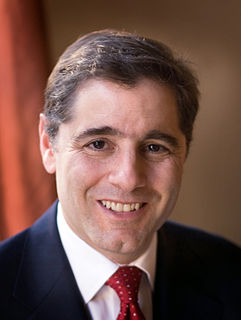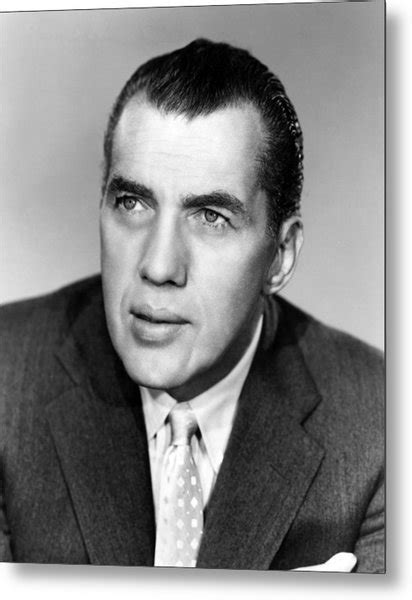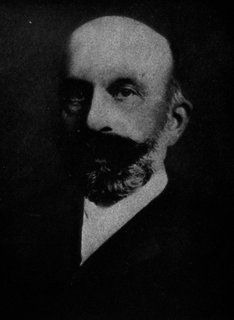A Quote by Daniel Kahneman
You are more likely to learn something by finding surprises in your own behavior than by hearing surprising facts about people in general.
Related Quotes
If you accept learning as a dominant determination of your behavior, then all of a sudden you're open to the idea that, for instance, there are other people who are more educated than you about the environment, who you will learn from. It's kind of like you don't even have to believe that you know anything about the environment, but you do have to understand that your behavior has been determined by learning in the past.
Sometimes people will hear you and be able to change their behavior, but often their behavior has more to do with their own need for approval than with your need for support. No matter what their response, you need to be firm and hold your ground. At the end of the day, your health is your responsibility.
Are you a person—with volition and maybe some stubbornness and at least the capacity if not the actual determination to do something surprising—or are you a tool? A tool just serves its user. It’s only as good as the skill of its user, and it’s not good for anything else. So if you want to accomplish something special—something more than you can do for yourself—you can’t use a tool. You have to use a person and hope the surprises will work in your favor. You have to use something that’s free to not be what you had in mind.
People who graduate are more resilient financially, and they weather economic downturns better than people who don't graduate. And, throughout their lives, people who graduate are more likely to be economically secure, more likely to be healthy, and more likely to live longer. Face it: A college degree puts a lot in your corner.
And we shall most likely be defeated, and you will most likely be victors in the contest, if you learn so to order your lives as not to abuse or waste the reputation of your ancestors, knowing that to a man who has any self-respect, nothing is more dishonourable than to be honoured, not for his own sake, but on account of the reputation of his ancestors.
People are much more likely to act on their self-percepts of efficacy inferred from many sources of information rather than rely primarily on visceral cues. This is not surprising because self knowledge based on information about one's coping skills, past accomplishments, and social comparison is considerably more indicative of capability than the indefinite stirrings of the viscera
Much protective self-criticism stems from growing up around people who wouldn't or couldn't love you, and it's likely they still can't or won't. In general, however, the more you let go of the tedious delusion of your own unattractiveness, the easier it will be for others to connect with you, and the more accepted you'll feel.
Those who wish to change things may face disappointment, loss, or even ridicule. If you are ahead of your time, people laugh as often as they applaud, and being there first is usually lonely. But our protection cannot come between us and our purpose. Right protection is something within us rather than something between us and the world, more about finding a place of refuge and strength than finding a hiding place.
I don't think people realize, when they're just getting started on an eating disorder or even when they're in the grip of one, that it is not something that you just "get over." For the vast majority of eating-disordered people, it is something that will haunt you for the rest of your life. You may change your behavior, change your beliefs about yourself and your body, give up that particular way of coping in the world. You may learn, as I have, that you would rather be a human than a human's thin shell. You may get well. But you never forget.
The positive thing about collaborating is that I cannot get distracted by coding work, because I cannot waste the other collaborator's time in the same way as I can my own. And it's always good to learn how the other person works, learn about techniques, learn social things like: how do you communicate with another person? The music I make with other people I'm much more confident about, I'm a little bit less judgemental of the outcome than with my own stuff because I know it's not only me, it's a more outside of me. Sometimes I even like them better than my own tracks.
To sing with other people and for other people, that's when you can really learn something about your voice. You can only learn so much if you create your own boundaries all the time. But then, other people can really teach you something. You know, if you're trying to sing with them, or if someone brings a style.





































